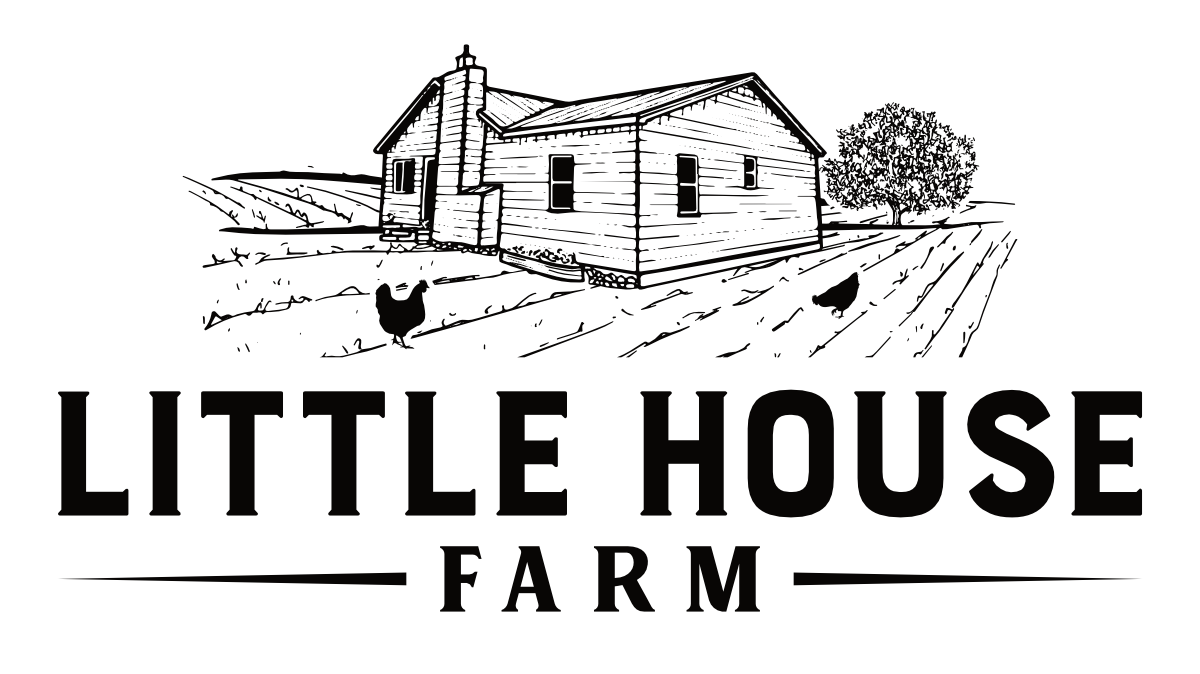As autumn arrives and pumpkins become plentiful, many backyard chicken keepers wonder if they can share this seasonal bounty with their flocks. Pumpkin seeds, in particular, have garnered attention for their purported anti-parasitic properties. Some believe that feeding pumpkin seeds or pumpkin seed powder to chickens can help control internal parasites like worms. But is there truth to this claim? In this blog post, we’ll explore whether pumpkin seeds are good for chickens, how much is appropriate, and what benefits and risks are associated with their use.
The Benefits of Feeding Pumpkin Seeds to Chickens
1. Nutrient-Rich Snack
Pumpkin seeds are packed with essential nutrients that can contribute to your chickens’ overall health:
- Protein: Supports muscle development and egg production.
- Healthy Fats: Provide energy and aid in the absorption of fat-soluble vitamins.
- Vitamins and Minerals: Rich in magnesium, zinc, iron, and vitamins A and E, which support various bodily functions and immune health.
- Antioxidants: Help combat oxidative stress, promoting better health and potentially enhancing egg quality.
2. Potential Anti-Parasitic Properties
Pumpkin seeds contain cucurbitacin, a compound believed to have anti-parasitic effects. Cucurbitacin is thought to paralyze intestinal parasites, preventing them from attaching to the intestinal walls and allowing them to be expelled through the digestive tract. While this effect has been observed in some studies involving animals like rodents, scientific evidence in poultry is limited and largely anecdotal.
3. Encourages Natural Foraging Behavior
Offering pumpkin seeds can stimulate natural foraging and pecking behaviors, keeping your chickens entertained and reducing boredom-related issues like feather pecking.
4. Seasonal Treat
Sharing pumpkin seeds with your chickens can be a fun way to celebrate the season and reduce food waste by utilizing parts of the pumpkin that might otherwise be discarded.
How Much Pumpkin Seed Is Appropriate?
When feeding pumpkin seeds or pumpkin seed powder to your chickens, moderation is key:
- Whole Pumpkin Seeds:
- Offer a handful of raw, unsalted pumpkin seeds per 5-6 chickens.
- Scatter the seeds on the ground to encourage foraging.
- Pumpkin Seed Powder:
- Grind raw pumpkin seeds into a fine powder.
- Mix 1 teaspoon of pumpkin seed powder per pound of feed.
- Ensure thorough mixing for even distribution.
- Frequency:
- Provide pumpkin seeds or powder 2-3 times a week as a supplement to their regular diet.
- During times when parasites are more prevalent, some chicken keepers increase the frequency, but scientific backing for increased effectiveness is limited.
Potential Risks and Considerations
1. Limited Scientific Evidence
While cucurbitacin in pumpkin seeds has shown anti-parasitic effects in some studies involving other animals, there is limited scientific research confirming its effectiveness as a dewormer in chickens. Relying solely on pumpkin seeds for parasite control is not recommended.
2. Not a Substitute for Conventional Deworming
Pumpkin seeds should not replace veterinarian-approved deworming treatments, especially in cases of significant infestations. They can be part of a holistic approach to parasite management but are not a standalone solution.
3. Overconsumption and Dietary Balance
Feeding excessive amounts of pumpkin seeds can lead to an imbalanced diet:
- High Fat Content: May contribute to obesity if overfed.
- Reduced Feed Intake: Chickens might favor seeds over their nutritionally balanced feed, leading to deficiencies.
4. Mold and Spoilage
Ensure that pumpkin seeds are fresh and free from mold, which can produce mycotoxins harmful to chickens.
5. Choking Hazard
Large seeds can pose a choking risk, especially for smaller chickens. Consider crushing or grinding the seeds for easier consumption.
Best Practices for Feeding Pumpkin Seeds
- Use Raw, Unsalted Seeds: Avoid seeds that have been roasted with salt or other seasonings.
- Introduce Gradually: Start with small amounts to observe how your chickens react.
- Maintain a Balanced Diet: Ensure that pumpkin seeds are a supplement to, not a replacement for, a nutritionally complete feed.
- Monitor Flock Health: Keep an eye on your chickens for any changes in behavior, droppings, or overall health.
- Combine with Good Husbandry: Regular coop cleaning, proper sanitation, and access to clean water are essential for preventing and controlling parasites.
- Consult a Veterinarian: Before using pumpkin seeds as part of a parasite control regimen, seek advice from a poultry veterinarian.
Conclusion
Pumpkin seeds can be a nutritious and enjoyable treat for your chickens, offering protein, healthy fats, and essential nutrients. While there is some anecdotal evidence suggesting potential anti-parasitic benefits due to the presence of cucurbitacin, scientific research in poultry is limited. Therefore, pumpkin seeds should not replace conventional deworming treatments prescribed by a veterinarian. By incorporating pumpkin seeds thoughtfully and monitoring your flock, you can provide a healthy treat that may contribute to your chickens’ overall well-being.
Disclaimer: The information provided in this blog post is for educational purposes only and is not a substitute for professional veterinary advice. The effectiveness of pumpkin seeds as an anti-parasitic in poultry is not fully established, and results may vary. Always consult with a qualified veterinarian before making significant changes to your animals’ diet or health regimen, especially concerning parasite control.
